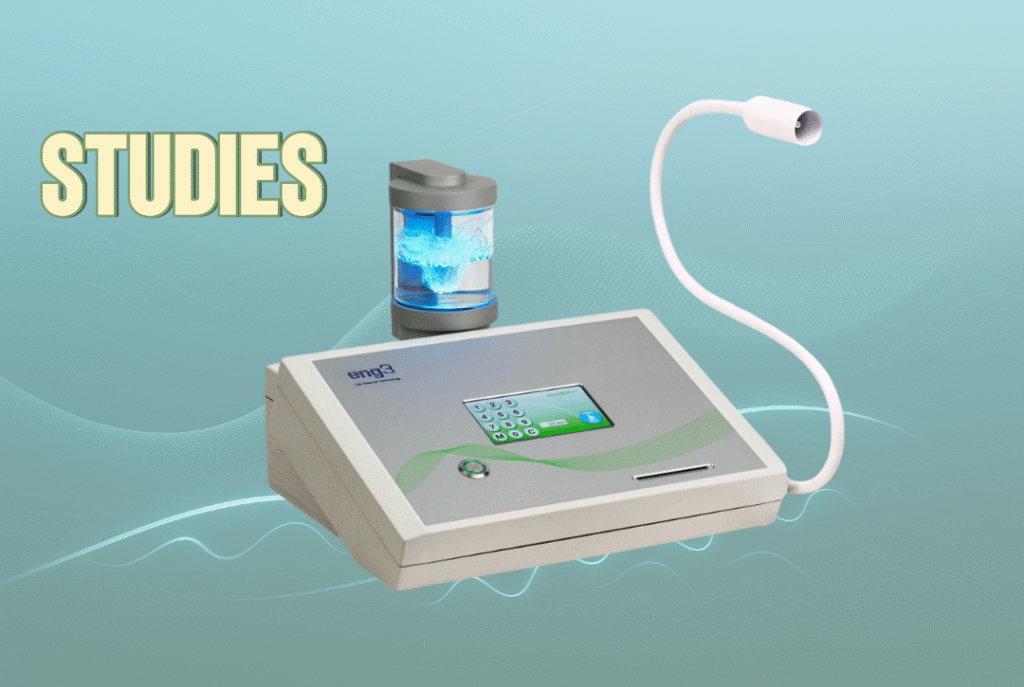Can Diet and Cellular Repair Therapy Improve Cognitive Function in MCI and Alzheimer’s?
In the quest to slow or even reverse cognitive decline, a recent study published in the Journal of Clinical Trials offers compelling evidence that a personalized nutritional plan combined with a novel cellular repair therapy may significantly improve cognition in individuals with mild cognitive impairment (MCI) and Alzheimer’s disease (AD).
The Study: A Dual Approach to Brain Health
The study, titled “Cognitive Improvements in Patients with Mild Cognitive Impairment and Alzheimer’s Disease through a Personalized Mito Food Plan Diet and Cell Repair Therapy” by Hank et al. (2018), explored the effects of combining a targeted dietary intervention — the Mito Food Plan — with NanoVi™ Cellular Repair Therapy. Over the course of 12 weeks, five participants (three diagnosed with MCI and two with Alzheimer’s) received tailored care aimed at optimizing mitochondrial function and reducing inflammation.
Significant Improvements in Cognition and Quality of Life
The results were promising. Cognitive performance, measured using the Montreal Cognitive Assessment (MoCA) and the Mini-Mental State Examination (MMSE), improved significantly in 80% of the participants. Quality of life, assessed through the Quality of Life in Alzheimer’s Disease (QOL-AD) questionnaire, also saw meaningful gains.
Although the sample size was small, the statistical significance of the cognitive and quality-of-life improvements (p-values ranging from 0.004 to 0.008) suggests that the intervention could have real clinical relevance. These findings are especially noteworthy given the typically progressive nature of MCI and AD.
Understanding the Mechanism: Mitochondria and Oxidative Stress
One key component of the study was NanoVi™ Cellular Repair Therapy, a non-invasive treatment that aims to counteract oxidative stress — a major contributor to neurodegeneration. The therapy works by emitting a specific signal (referred to as R2S) that mimics the body’s own biological signals for protein repair, potentially enhancing mitochondrial function without generating harmful reactive oxygen species.
Though improvements in cellular health (as measured by bioelectrical phase angle) were observed, these changes did not reach statistical significance. Still, they hint at potential benefits that may emerge with larger study populations or longer treatment durations.
Personalization and Adherence Matter
All participants followed a personalized Mito Food Plan designed to support mitochondrial health through nutrient-dense, anti-inflammatory foods. Notably, the one participant who did not improve experienced interruptions in both dietary adherence and therapy sessions — highlighting the importance of consistency in treatment outcomes.
Looking Ahead
While the study’s sample size was small and further research is needed to generalize the results, this pilot investigation supports a growing body of evidence that lifestyle interventions targeting inflammation and oxidative stress can yield meaningful benefits for cognitive health. The combination of a personalized diet and innovative cellular repair technology presents a hopeful avenue for patients and caregivers navigating the challenges of cognitive decline.
As the field of integrative neurodegenerative medicine advances, therapies that work with the body’s natural repair systems may soon play a central role in dementia care.
